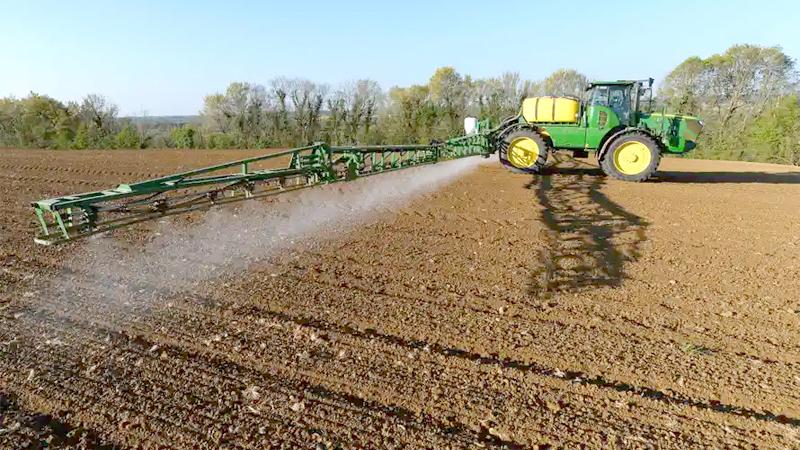
Rome - Worsening soil pollution and waste proliferation threaten the future of global food production, human health and the environment, and needs an urgent global response, according to a joint report released today by the Food and Agriculture Organization of the United Nations (FAO) and the United Nations Environment Programme.
The Global Assessment of Soil Pollution was launched by FAO Director-General, QU Dongyu, and the Executive-Director of UNEP, Inger Andersen, at a virtual event which was part of the celebrations for World Environment Day (5 June) and the UN Decade on Ecosystem Restoration (2021-2030). Soil pollution crosses all borders and compromises the food we eat, the water we drink and the air we breathe. The joint assessment found that widespread environmental degradation caused by soil pollution, due to the growing demands of agri-food and industrial systems and an increasing global population, is getting worse and is one of the world’s major challenges for ecosystem restoration.
Industrial and mining activities, poorly managed urban and industrial waste, fossil fuel extraction and processing, as well as unsustainable agricultural practices and transport, were identified as the main sources of soil pollution. QU Dongyu stressed the need for a co-ordinated response to address soil pollution and boost soil health to meet the UN’s Sustainable Development Goals. “Soil protection is of the utmost importance to ensure the success of our future agri-food systems, ecosystem restoration and all lives on earth,” he said.
“Our society wants more nutritious and safe foods, free of contaminants and pathogens,‘‘ Qu said, adding. ‘‘That is reflected in our work on how to transform our agri-food systems for better production, better nutrition, a better environment and a better life, leaving no one behind.”
UNEP Executive Director, Inge Andersen, referred to the UN Decade on Ecosystem Restoration, jointly led by UNEP and FAO, as an opportunity for change. She also called for stronger enforcement of global conventions on the environment as well as long-term monitoring to stop industrial pollution and sustainable practices in agriculture that supported the use of environment-friendly pesticides.Vice-President of the Plurinational State of Bolivia, David Choquehuanca said that the earth was on the brink of collapse because human beings had plundered nature.
